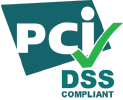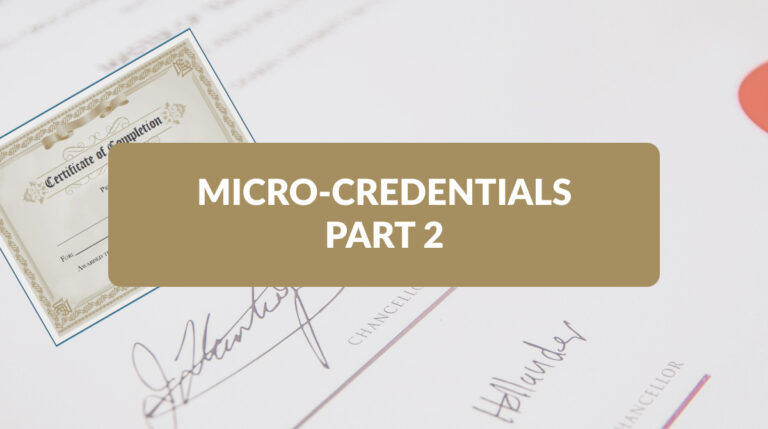In Micro-credentials Part 1: Meet the Snackable, Stackable Micro-credential, we shared a definition of micro-credential adapted from The Business of Certification: Creating and Sustaining a Successful Program, 2nd Edition. We also discussed the design characteristics – limited scope/tight focus, flexibility – that have boosted micro-credentials’ credentialing industry prominence. This topic reviews five ways micro-credentials can be used in credentialing ecosystems.
Proof once again that great things really can come from small packages!
1.Micro-credentials can prepare learners for certification or a job role

Some organizations use micro-credentials to create a learning path designed as a series of small steps. Accomplishment of each step brings recognition: the micro-credential itself
The small steps strategy helps learners reach larger goals, such as earning certification or a new position. It’s also easier to manage and less intimidating.
Actual achievement of the larger goal, in this paradigm, may require additional effort.
2.Micro-credentials can lead directly to a certification

Here, achievement of the certification hinges solely on completion of the specified micro-credential stack. Training may or may not be needed.
In this instance, and those described below, best practices require that the micro-credentials are:
- designed in accordance with professional psychometric standards and
- delivered to candidates whose identity has been verified, in a proctored environment
3.Micro-credentials can satisfy continuing education requirements

In the programs described above, learners earn micro-credentials in order to achieve a certification. In this instance and those that follow, the reverse is true.
Here, the credential holder has a continuing education (CE) requirement to fulfill. Micro-credentials can serve as proof that the required CE goals have in fact been achieved.
Some CE programs call for completion of courses in multiple categories. In the adjacent graphic, each of the variously colored micro-credentials represents a different category and course.
4.Micro-credentials can be used in professional development programs
In this scenario, individual micro-credentials validate completion of learning goals leading to a specialist’s

What’s different is that each micro-credential includes a formal training requirement. When stacked, multiple micro-credentials comprise a training path.
That path leads to development of advanced skills in addition to the base certification.
5.“Clustered” micro-credentials as a path to advanced certification
This approach is similar to the professional development path. But there are key differences.
In both cases, the certification is an essential starting point. But here, it constitutes a “core” educational requirement that prepares participants for further training.

As an analogy, all MDs complete a standard medical training program. For many that core is a basic foundation leading to a specialization.
Returning to micro-credentials, a “cluster” typically refers to a group of multiple stacks, each with distinct content and learning goals. Completion of a cluster can lead to achievement of the specialty designation or advanced certification.
Surprisingly, this track does not make training a prerequisite for taking the micro-credential assessment. Still, training may be offered by the credential sponsor and other sources.
What to look for from Micro-credentials Part 3
Part III, coming soon, will explore the different ways countries like Canada, Ireland, the US and supra-national bodies like the European Union, are implementing micro-credentials.

By the way, if your program has a unique or interesting approach to micro-credentials, share it with us. We would love to feature a discussion of several such programs in an upcoming Micro-credentials Part 4.
And feel free to contact us if you want to learn how Kryterion can help make your micro-credentialing program a success.
Either way, reach out to [email protected], Subject line: My Micro-credentials Story.








